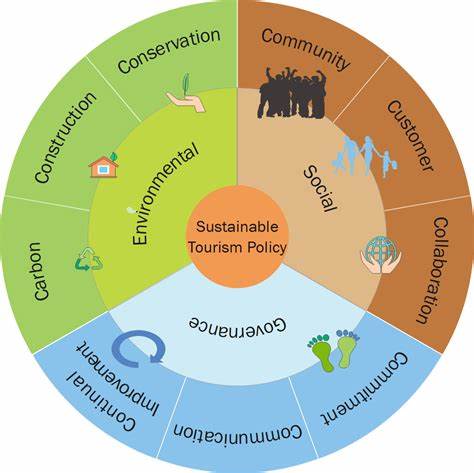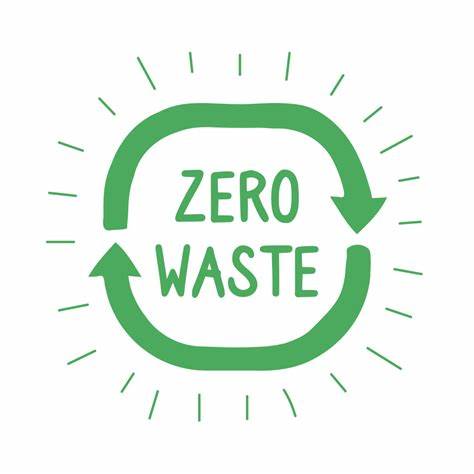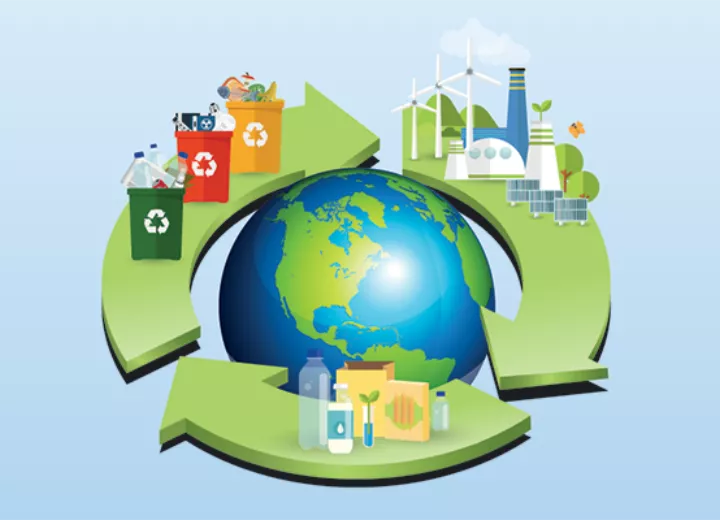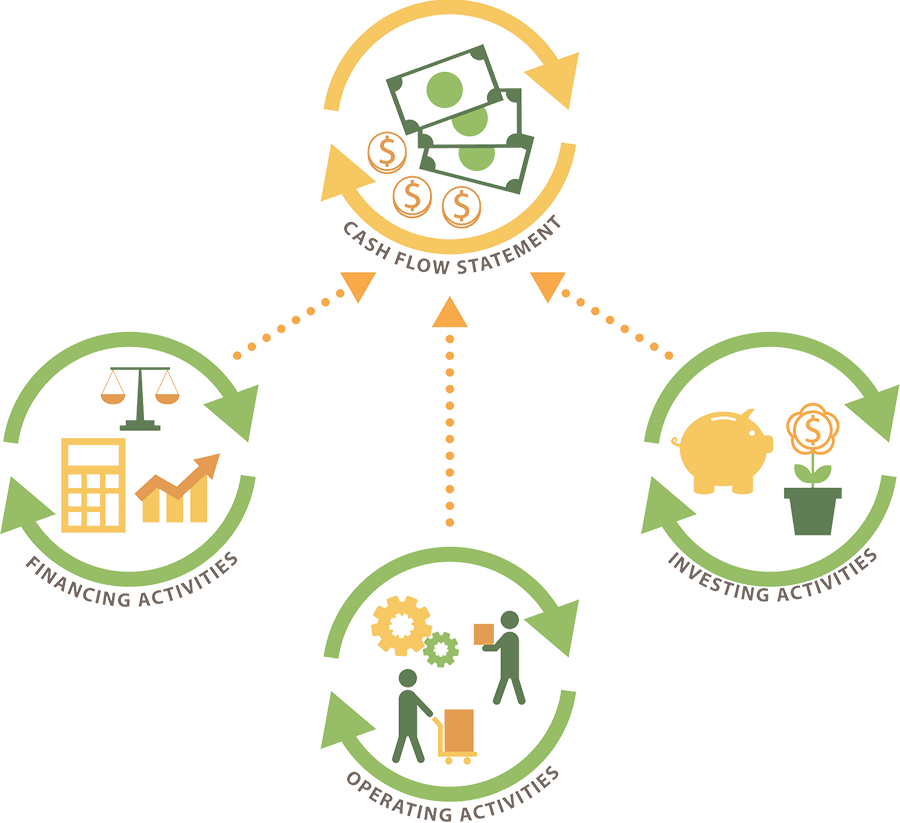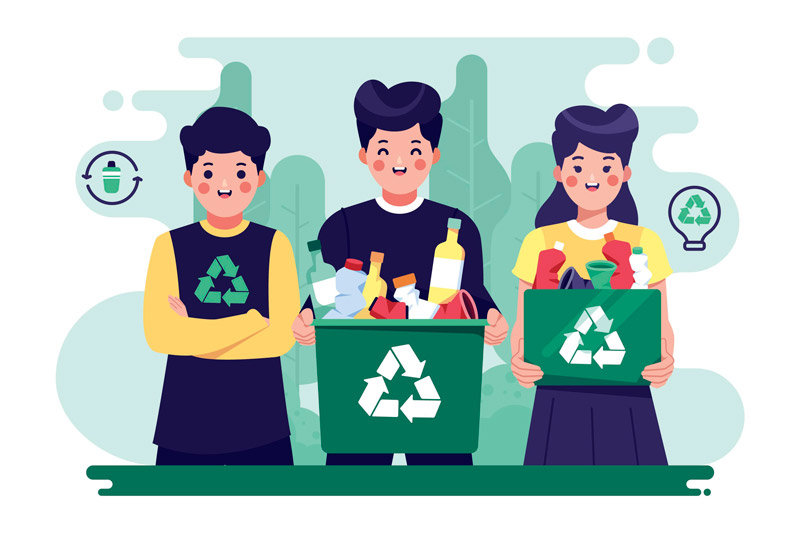Introduction The circular economy is a concept that aims to promote sustainability and resource efficiency by minimizing waste and maximizing the value of resources. In developing countries, the study of the circular economy is particularly important due to the unique challenges and opportunities they face in implementing sustainable practices. This article provides an overview of the circular economy, its historical background, key concepts and definitions, and explores the economic, environmental, and social benefits of adopting circular economy practices in developing countries. Additionally, case studies, recent trends, challenges, controversies, and future outlook are discussed to provide a comprehensive understanding of the…
Author: jenks2026
Introduction Disaster-stricken areas often face immense challenges in managing waste, leading to severe environmental and health risks. This article explores the importance of effective waste management in such areas and highlights the need for sustainable strategies. Historical Background Throughout history, waste management in disaster-stricken areas has been a critical issue. From natural disasters like earthquakes and hurricanes to man-made disasters such as industrial accidents, the management of waste becomes even more challenging in these situations. Significant developments have been made in this field over time, with organizations and governments recognizing the importance of proper waste management during and after disasters.…
Circular Design Principles in Product Development: Creating a Sustainable Future Introduction Circular design principles in product development have gained significant attention due to their potential to create a sustainable future. This article introduces the concept of circular design principles and discusses their relevance and importance in today’s society. Historical Background The development of circular design principles can be traced back to several key milestones and events. There has been a growing recognition of the need to shift away from the linear “take-make-dispose” model. This section provides a brief history of the evolution of circular design principles, highlighting the turning points…
Impact of Consumer Education Campaigns on Recycling Rates Introduction The impact of consumer education campaigns on recycling rates is a topic of great relevance and importance in promoting sustainable waste management practices. These campaigns play a crucial role in raising awareness and encouraging individuals to adopt recycling behaviors, ultimately contributing to the reduction of waste and environmental preservation. Historical Background Recycling and consumer education campaigns have evolved over time, driven by the growing recognition of the importance of sustainable waste management. Significant milestones and events have shaped the understanding and implementation of these campaigns, such as the establishment of the…
Introduction Sustainable tourism and waste management have gained significant attention in recent years due to their interconnected nature and impact on the tourism industry. This article aims to provide an in-depth exploration of these subjects, highlighting their importance and the role they play in shaping a greener and more responsible future. Historical Background To fully understand the current state of sustainable tourism and waste management, it is crucial to delve into their historical background. Sustainable tourism has evolved over the years, with its roots tracing back to the 1970s when global environmental concerns first gained momentum. Milestones such as the…
Lessons from Successful Zero-Waste Communities: A Path Towards Sustainable Waste Management Introduction Zero-waste communities have emerged as innovative and effective models for sustainable waste management. By rethinking our approach to waste, these communities have shown us the way forward in achieving a circular economy and reducing environmental impact. This article explores the concept of zero-waste communities, their historical background, and delves into the main discussion points surrounding waste reduction strategies, community involvement, and innovative technologies. Additionally, it examines case studies, current trends, challenges, controversies, and future outlooks to provide a comprehensive understanding of the importance of lessons from successful zero-waste…
Introduction The concept of the circular economy has gained significant attention in recent years as a solution to address global waste issues. In a world burdened by excessive consumption and waste generation, the circular economy offers a promising approach to sustainability, resource efficiency, and waste reduction. By eliminating the concept of waste and promoting the continuous use of resources, the circular economy presents a paradigm shift towards a more sustainable and regenerative economic model. Historical Background Origins and Evolution of the Circular Economy The idea of the circular economy can be traced back to early civilizations that practiced resource reuse…
Introduction Recycling has become an increasingly important topic in today’s society as we strive to create a more sustainable environment. Government policy plays a crucial role in shaping recycling habits, as it sets the framework for how recycling is implemented and encourages citizens to participate. This article aims to explore the impact of government policies on recycling habits and the potential for further improvement. Historical Background Government involvement in recycling initiatives can be traced back to the early 20th century when cities began implementing waste management programs. However, it wasn’t until the 1970s, with the rise of environmental awareness, that…
Introduction The economics of recycling is a crucial topic in today’s world as we strive to create a more sustainable and environmentally-friendly future. Recycling not only helps in the conservation of resources but also has significant economic implications. In this article, we will delve deeper into the economics of recycling, exploring its historical background, key concepts, and current trends, as well as discussing challenges and opportunities for improvement. Historical Background Recycling has a rich history that dates back centuries. From ancient civilizations reusing materials to the emergence of modern recycling programs, the economic implications of recycling have evolved over time.…
Introduction In today’s world, waste reduction has become a critical issue that needs immediate attention. As the global population continues to grow, so does our waste generation, leading to devastating consequences for the environment. It is crucial to educate the next generation on waste reduction to ensure a sustainable future. This article explores the historical background, key concepts, main discussion points, case studies, current trends, challenges, and future outlook of waste reduction education. Historical Background Waste management has a long history, dating back to ancient civilizations. However, the environmental impact of waste has gained significant attention only in recent decades.…
Introduction The concept of rethinking waste as a valuable resource has gained significant attention in recent years, driven by growing environmental and economic concerns. This article aims to explore the importance and relevance of this topic, shedding light on waste recycling and reuse, innovative waste management strategies, economic opportunities in the waste sector, and more. Historical Background Waste management and disposal practices have evolved significantly over time. In the past, waste was often seen as a burden and was primarily disposed of in landfills or incinerated, causing harm to the environment. However, there has been a notable shift in perspective…
Introduction Recycling plays a crucial role in promoting environmental sustainability by conserving resources, reducing waste, and minimizing pollution. As society becomes increasingly aware of the need for sustainable practices, exploring the future of recycling has never been more relevant or interesting. This article delves into the historical background of recycling, key concepts and definitions, main discussion points, case studies, current trends, challenges, controversies, and the future outlook of recycling. Historical Background Recycling has a rich history that dates back centuries. Its origins can be traced to ancient civilizations like the Egyptians and Romans, who repurposed materials such as metal, glass,…
Introduction The intersection of art and recycling has emerged as a powerful tool for raising awareness about environmental issues in today’s society. This article aims to explore the historical background, key concepts, main discussion points, case studies, current trends, challenges, controversies, future outlook, and references related to this fascinating topic. Historical Background Art has always been intertwined with recycling, with artists repurposing materials long before the concept of recycling gained mainstream attention. The relationship between art and recycling has evolved over time, influenced by significant events and movements. Understanding this historical context is crucial in comprehending the current state of…
Introduction The COVID-19 pandemic has brought numerous challenges and disruptions to various aspects of our lives, including recycling practices. In this article, we will explore the importance of recycling in a post-pandemic world and why it is a timely and relevant topic. By understanding the historical background, key concepts, and current trends, we can gain insights into the future outlook of recycling. Historical Background Before the pandemic, recycling practices had already gained traction worldwide. Communities and businesses were implementing strategies to reduce waste and promote sustainability. However, the pandemic had a significant impact on these efforts. Supply chains were disrupted,…
Introduction Climate change and sustainable waste management are two interconnected topics that are increasingly gaining attention in today’s world. As the impacts of climate change become more apparent, the need for effective waste management practices has become crucial. This article will explore the link between climate change and sustainable waste management, highlighting the potential impacts of climate change and the importance of adopting sustainable waste management strategies. Historical Background To understand the link between climate change and waste management, it is important to delve into the historical context of waste management practices. Waste management has evolved from simple disposal methods…
Introduction The role of NGOs and nonprofits in waste reduction efforts is crucial in addressing the growing environmental and social impact of waste. This article explores the significance of their involvement and highlights the importance of waste reduction for a sustainable future. Historical Background Waste management has evolved over time, from simple disposal methods to more complex strategies that focus on reducing waste generation and promoting recycling. As waste became a global concern, NGOs and nonprofits emerged as key players in tackling waste reduction. Key Concepts and Definitions To understand the role of NGOs and nonprofits in waste reduction, it…
Introduction Recycling initiatives in underserved communities have gained significant attention due to their potential social impact. This article aims to explore the relevance and importance of studying the social impact of recycling initiatives in underserved communities. Historical Background The history of recycling initiatives in underserved communities can be traced back to the early 20th century. However, it wasn’t until the 1960s when the modern recycling movement began to take shape. The development of recycling initiatives in underserved communities has been influenced by various milestones and events, such as the establishment of recycling centers and the introduction of recycling programs in…
Introduction: In today’s era of growing environmental concerns, sustainable packaging plays a crucial role in addressing these issues. This article aims to provide a comprehensive understanding of sustainable packaging and emphasize the responsibility of manufacturers in implementing sustainable practices. Historical Background: Packaging materials and practices have evolved significantly over time, from simple materials like leaves and animal skins to the modern use of plastics and metals. This article will delve into key milestones and events that have shaped the development of sustainable packaging. It will shed light on the emergence of environmental consciousness and its impact on packaging practices. Key…
Introduction Waste challenges pose significant threats to our environment and human health. This article explores the importance of addressing waste challenges and the relevance of collaboration in overcoming them. Historical Background Over time, waste management practices have evolved to meet the increasing demands of waste generated by human activities. Historical examples of collaboration in waste management, such as early recycling efforts and public-private partnerships, have laid the foundation for effective waste management systems today. Key Concepts and Definitions Collaboration in waste management refers to the collective efforts of various stakeholders to address waste challenges. The waste hierarchy plays a crucial…
Introduction Waste management plays a crucial role in driving innovation and entrepreneurship. This article provides an overview of the importance and relevance of waste management as a catalyst for innovation. It also introduces the main discussion points that will be explored in detail throughout the article. Historical Background Throughout history, waste management practices have evolved significantly. Early civilizations had rudimentary waste disposal methods, often resulting in severe economic and environmental consequences. This section delves into the historical context of waste mismanagement and its impact on society. Key Concepts and Definitions To better understand the relationship between waste management, innovation, and…






